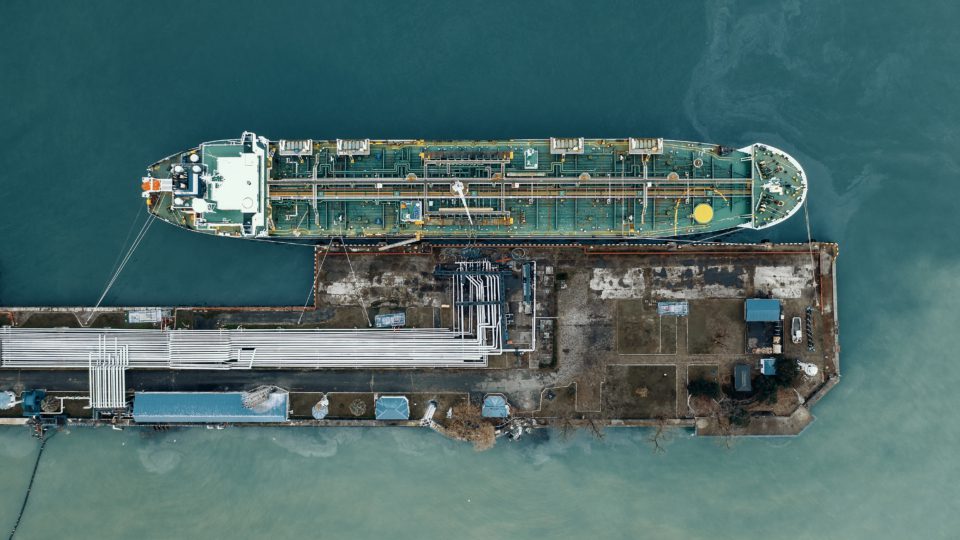Oil shippers on the Trans Mountain expansion (TMX) project are challenging proposed pipeline tolls filed by Canadian government-owned Trans Mountain Corp with regulators last month, citing concerns about significant costs increases, according to Reuters.
TMX will reportedly almost triple the flow of crude from Alberta to Canada’s Pacific Coast to 890,000 barrels per day, and is due to start up early next year, said Reuters.
But it has been beset by years of regulatory delay and is expected to cost C$30.9 billion ($23.50 billion), nearly quadruple the original estimate. The Canadian government bought the pipeline in 2018 to ensure the expansion got built, Reuters added.
Over the past week companies including Suncor Energy , Cenovus Energy and BP Plc registered to intervene in Trans Mountain Corp’s toll application, which proposed a base toll of C$11-C$12 a barrel, depending on the type of crude shipped and its final destination, according to the publication.
“Cenovus is concerned about the escalation in costs and expenses to construct the expanded system,” the Calgary-based company wrote in a letter of comment to the Canada Energy Regulator (CER).
Trans Mountain said the pipeline toll was based on the latest project cost estimate and could rise by around C$0.07 a barrel for every extra C$100 million spent on uncapped costs, which are currently estimated at C$9.1 billion.
Uncapped costs include two specific segments of the pipeline and other factors, including indigenous and community consultation.
A number of shippers said they were concerned the uncapped cost component of the toll had increased from C$1.36 a barrel in a 2017 cost estimate to C$6.48 a barrel.
Shippers also argued against Trans Mountain’s request that the regulator approve the tolls by 14 September.
“Given these massive increases, additional time and detailed information is required to confirm whether the costs were necessarily and reasonably incurred, and to verify which costs properly constitute the uncapped and capped portions of the fixed toll,” PetroChina Canada, a unit of PetroChina Company Ltd , wrote in a letter of comment.
Analysts at Stifel FirstEnergy said the outcome of the dispute should not impact the price of Canadian heavy crude, but will impact margins for shippers.
“With billions of dollars at stake, we expect this dispute process to drag out for at least several months,” Stifel FirstEnergy analyst Michael Dunn said in a research note on Monday.

